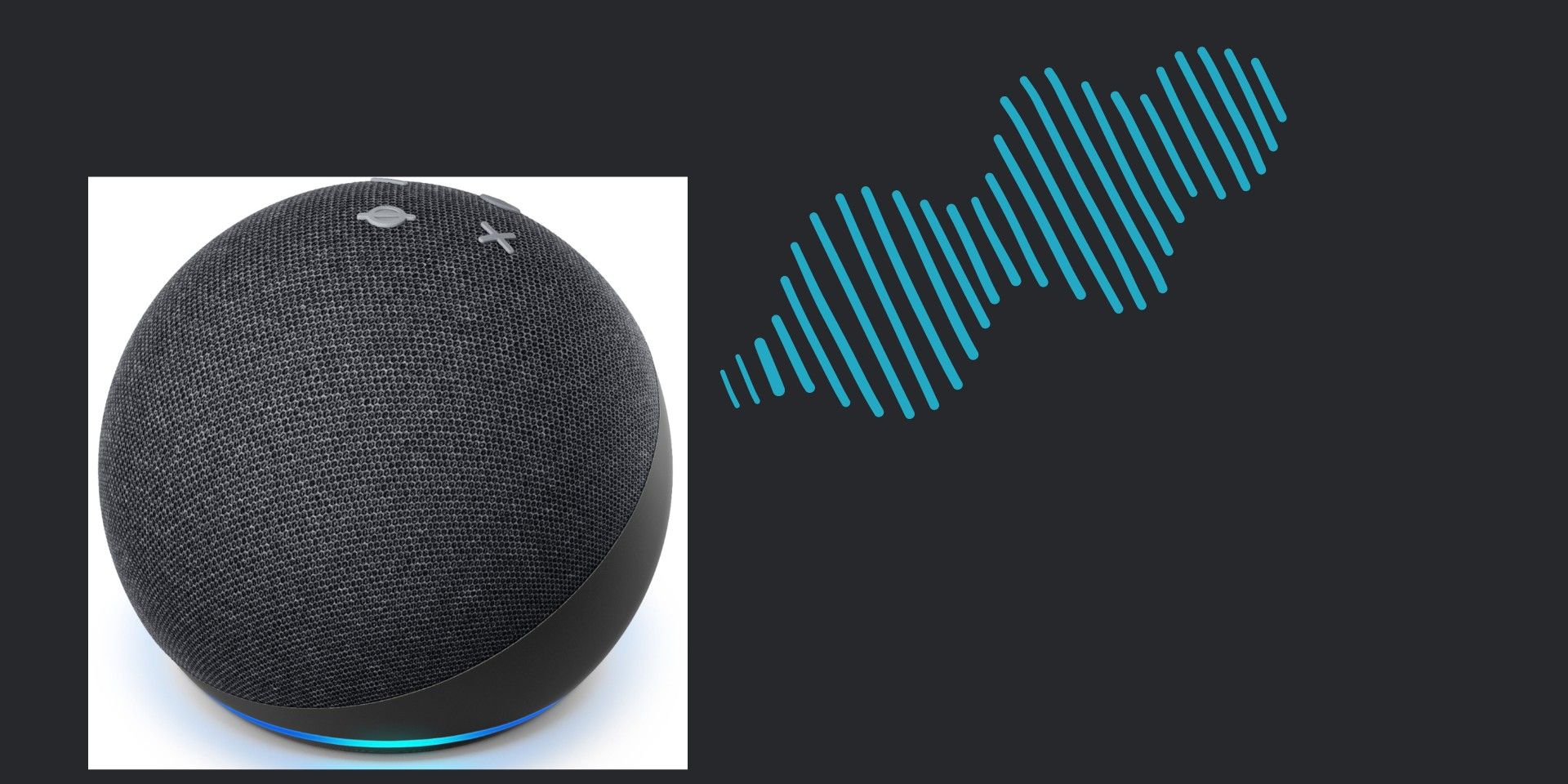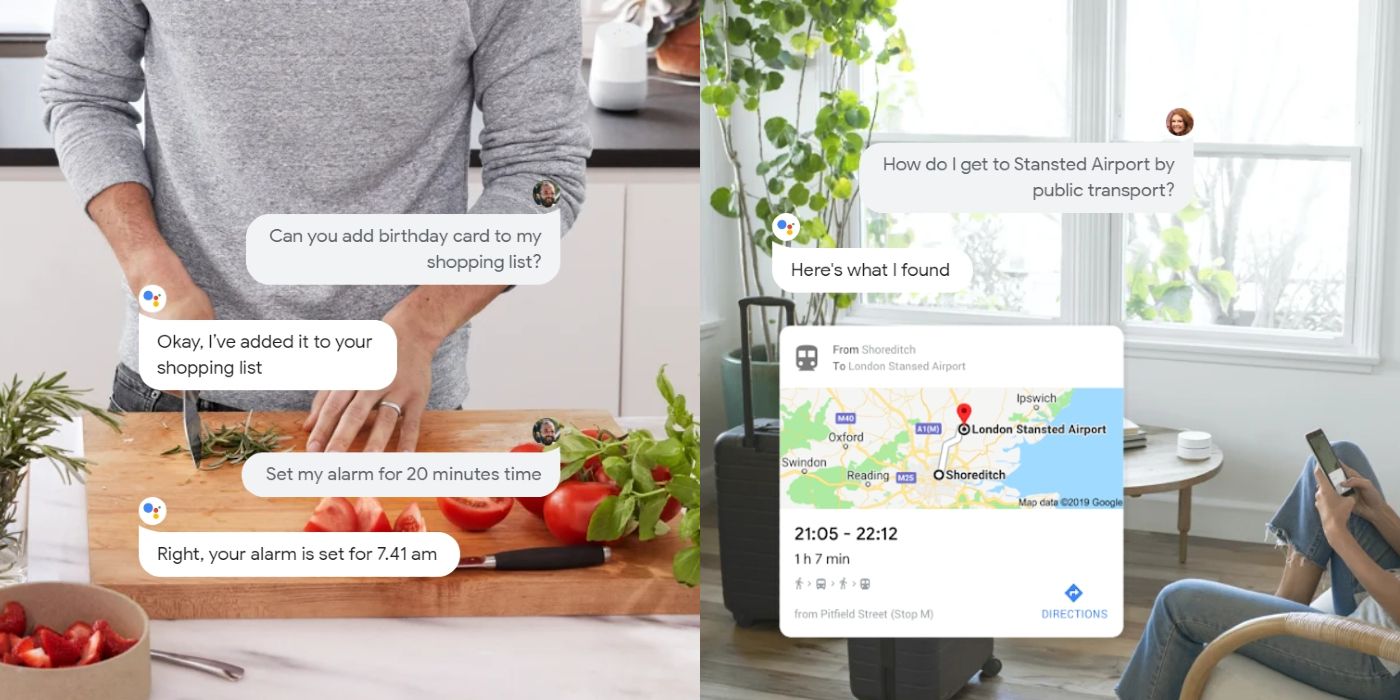Anyone who does not have a smart speaker like the Amazon Echo, the Google Nest, or the Apple HomePod has undoubtedly heard of them and is aware that they use artificial intelligence protocol and voice recognition to follow commands. These devices help people use their voices to do everyday tasks like order take-out, track a package, and get updates on news and weather – all hands-free. Smart speakers can even tell a homeowner who is at the front door while keeping an eye on pets at home alone. And they play music, too.
Apple became the first company to use voice recognition technology when the mobile assistant app Siri was made available in the Apple Store in 2010. Apple purchased Siri shortly afterward, making it an integral part of iPhones and making the app the ubiquitous iOS feature it is today. A few years later, in 2014, Amazon came along with Alexa, the voice assistant first embedded in the Amazon Echo device. Now it, too, has found its way into all Amazon devices. Voice recognition had been around many years — almost 50 years — by the time Apple and Amazon saw value in putting it into their devices. IBM had its IBM Shoebox, which recognized a whopping 16 words and numbers. Now that smart speakers have been integrated into so many devices. They have become not just the ears but also the eyes of their owners. This proves that staying connected is of paramount importance in the 21st Century.
However, users must weigh the benefits of this constant connection against security concerns. Some recent reports, including one at The Ambient, point to the possibility that this melding of technology with the human voice may not always be a good thing. For example, most smart speakers use "wake words" so they can be activated and take commands. But technical or server malfunctions can leave the speakers in an "always on" status.
Smart Speaker Data May Be Shared Without User's Permission
This is what happened in 2020 when Google updated its software. According to The Register, Google Home users who had subscribed to home security monitoring reported receiving notifications about glass breaking or smoke alarms sounding and realized their devices had been recording without being given wake words. As for Amazon, Echo owners should be aware that Alexa keeps a record of everything she hears. This is fine if she's only recording the user saying, 'Play The Marvelous Mrs. Maisel.' But she may record private moments or conversations and preserve them for posterity or until the user deletes them. The fact that Amazon has turned over to law enforcement recordings from its technology acquisition, the maker of the Ring doorbell, without the device owner's permission does not bode well for the privacy measures adopted for its Echo devices. Apple has been accused of mishandling users' Siri recordings by allowing subcontractors to listen to them. The problem is widespread.
Along with all of their caveats, smart speakers have handy features for those who need extra assistance. They allow people with limited mobility or vision issues to regain independence by using their voices to control appliances, adjust the thermostat, or make appointments. The difference this can make in the life of someone in a wheelchair or a visually impaired individual cannot be underestimated. Smart speakers also make life easier for seniors. They allow seniors to make phone calls and use the internet in ways that are easily accessible to them. Additionally, loved ones who are connected to a senior's device can use the Alexa drop-in function to complete remote welfare checks. Smart speakers can also break the monotony of living alone with games and wordplay. Each of these three devices has scores of Easter eggs hidden within its programming to make the user experience fun.
What smart speakers have given the world is an additional means to not only connect but to use technology in wrap-around ways that easily transition from home to the world and back again. For good or ill, technology marches on, always forward. When it is intrusive, everyone resents it until disaster is averted. Then the masses breathe a sigh of relief, thankful for it. The road that began with a 16-word speech recognition tool has led to smart AI devices that have growing personalities — personalities that spy, tattle, and remember all human traits. Can a soul be far behind?
Sources: The Ambient, The Register


